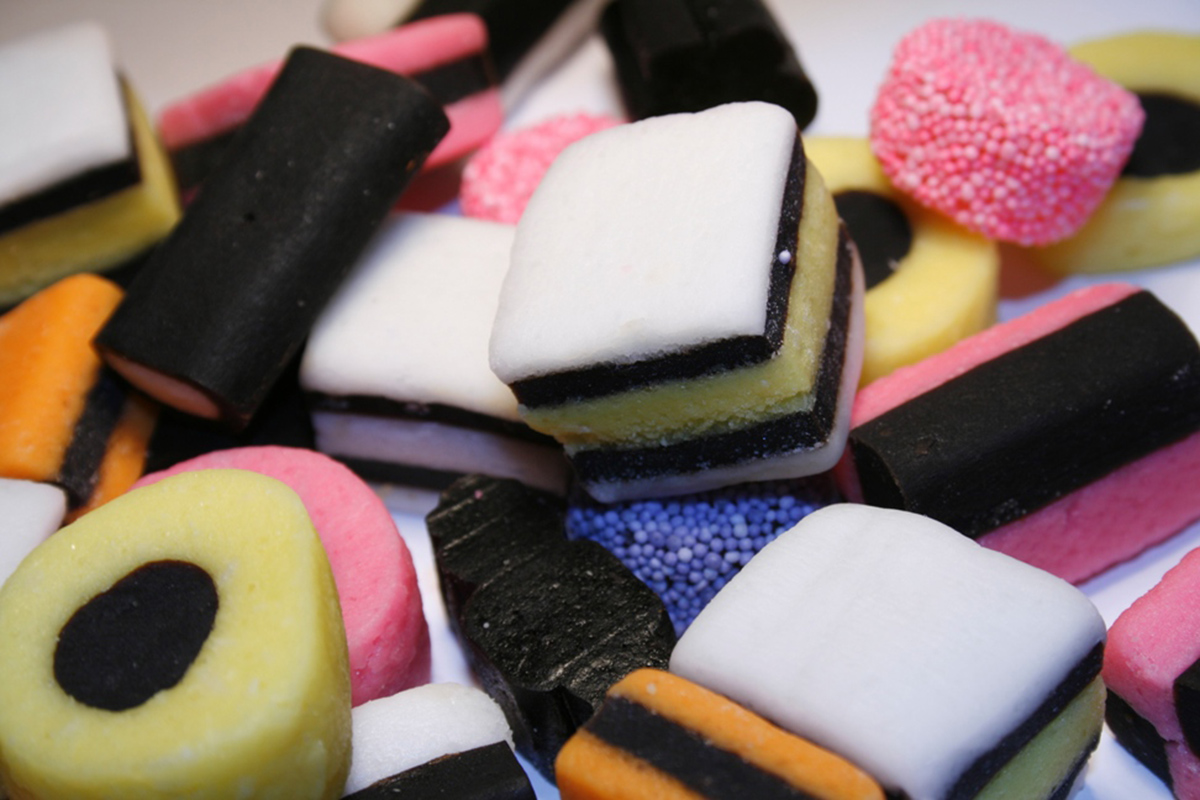Table of Contents
In the 1990's, I covered an ongoing scandal regarding a very popular herb called kava. A native remedy of the South Pacific, kava was (and is) remarkably effective at relaxing muscles and inducing sleep, although it should never be used with sedatives, tranquilizers, certain painkillers, or alcohol.

A colleague in Germany sent me the case reports and I started reading.
Of the 38 cases of liver damage blamed on kava, 36 involved taking another drug that is known to cause liver damage, while only 2 involved using the herb by itself without any medications known to be liver-toxic. Except for those two instances, the stories that made the headlines and that spurred regulatory action as easily could have read, "White Bread Causes Auto Crashes," because 36 out 38 people who had auto crashes had eaten white bread in the previous month.
Claims for what herbs and supplements can do--both good and bad--are often made up. But nonetheless, there are a few herbs that are actually potentially toxic, especially to the liver, and you should avoid them. Here are the herbs and supplements you need to know, especially if you have kidney disease.
1. Licorice
For most of us, licorice is an acquired taste, but some people are addicted to licorice candies, licorice-flavored Throat lozenges, and licorice-flavored liqueurs. Licorice in small amounts usually does not cause problems, but using licorice in herbal teas on an ongoing basis can be dangerous. Licorice-flavored drinks popular among Muslims during Ramadan, drunk to excess, can also cause problems.
A chemical called glycyrrhizin can cause a condition known as pseudohyperalosteronism, in which the kidneys retain minerals, especially potassium. Bloodstream levels of potassium can become toxic, and, in a few cases, deadly, after excessive consumption of licorice for several weeks. Licorice poisoning can be especially severe in people who take ACE-inhibitors (drugs such as lisinopril or ramipril) or ACE-receptor blockers (drugs such as losartan) for high blood pressure. Products labeled "deglycyrrhizinated licorice" or DGL are non-toxic.
2. Cat's claw
Cat's claw, also known as uña de gato, is a South American rain forest herb with remarkable and real immunostimulant properties. Many people who have chronic infections or cancer use this herb as an adjunct to their medically prescribed treatment programs with good results.
In a few cases, one of them documented in the medical literature, taking cat's claw made the symptoms of lupus erythematosus, particuarly protein leakage into the urine, much worse.
See Also: Mediterranean-Style Diet May Protect Your Kidneys
3. Aristolochia
Aristolochia is actually a genus, a group of over 500 plants that include asarum and wild ginger, both of which are used in Traditional Chinese Medicine. About the year 2000, a large number of people were affected by "Chinese herbs nephropathy," needing dialysis, after taking formulas containing these herbs.
The US Food and Drug Administration is especially careful to exclude any products that even possibly contain this herb from being offered on the American market, but it still is used, and still causes kidney problems in China and Taiwan.
- Effects of herbal supplements on the kidney. Combest W, Newton M, Combest A, Kosier JH. Urol Nurs. 2005 Oct. 25(5):381-6, 403. Review. No abstract available.PMID: 16294617.
- Jha V. Herbal medicines and chronic kidney disease. Nephrology (Carlton). 2010 Jun.15 Suppl 2:10-7. doi: 10.1111/j.1440-1797.2010.01305.x. Review. PMID: 20586941.
- Photo courtesy of JonoTakesPhotos by Flickr: www.flickr.com/photos/jonathanbeard/2941770446
- Photo courtesy of Naotake Murayama by Flickr: www.flickr.com/photos/naotakem/4677570942


Your thoughts on this